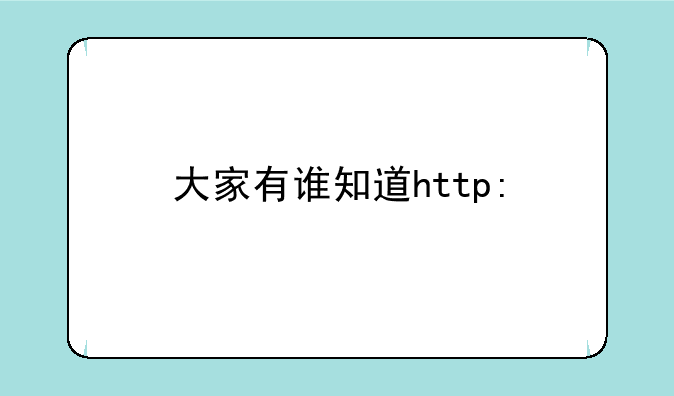跟着乐厨号一起了解下voaspecialenglish下载的信息,希望可以帮你解决你现在所苦恼的问题。
大家有谁知道http://www.51voa.com/中VOA Special English中的文本怎么下啊

将鼠标移到文本开头,当鼠标变成一个“I”时,按住鼠标左键向下拖动,直到文字结尾,然后松开鼠标,这时文本都变成了蓝色,将鼠标箭头放在选中的文字区域内,右击鼠标,选择“复制”,然后点击“开始——程序——附件——记事本”这时就打开了一个空白的文档,在这个空白文档内右击鼠标,选择“粘贴”,文本就出现在空白文档上了,然后点击“文件--保存”,怎么保存就不用说了吧,VOA是一个练习听力的绝佳选择,加油啊,可能描述的不是很好,希望能帮到你了
求VOA的SPECIAL ENGLISH的原文
This is the VOA Special English Development Report.
Nanotechnology uses matter at the level of molecules and atoms. Researchers are finding different uses for particles with a length of one nanometer, or one-billionth of a meter. These include things like beauty products and dirt-resistant clothing. But one area where many experts believe nanotechnology holds great promise is medicine.
Last week, speakers at a program in Washington discussed using nanotechnology to improve health care in developing countries. The program took place at the Woodrow Wilson International Center for Scholars.
Peter Singer at the University of Toronto says a nanotechnology called quantum dots could be used to confirm cases of malaria. He says it could offer a better way than the traditional process of looking at a person's blood under a microscope.
In poor countries, this process is often not followed. As a result, sick people may get treated for malaria even if they do not have it. Such misuse of medicines can lead to drug resistance.
Quantum dots are particles that give off light when activated. Researchers are studying ways to program them to identify diseases by lighting up in the presence of a targeted molecule.
Experts say nanotechnology shows promise not just for diagnosing diseases, but also for treating them. Piotr Grodzinski of the National Institutes of Health talked about how nanotechnology could make drugs more effective.
He talked about cancer drugs already developed with nanotechnology. He says if a drug can target a cancer locally in the body, then much less of it might be needed, and that means lower side effects.
Andrew Maynard is chief scientist for the Project on Emerging Nanotechnologies at the Woodrow Wilson Center. He noted that Brazil, India, China and South Africa are currently doing nanotechnology research that could help poor countries.
But he also noted that there is some risk in using nano-materials. He says nanometer-sized particles behave differently in the body and the environment compared to larger particles. Experts say more investment in research is needed to better understand these risks.
And that's the VOA Special English Development Report, written by Jill Moss. Transcripts and audio files of our reports are at voaspecialenglish.com. I’m Steve Ember. w
里有很多。


